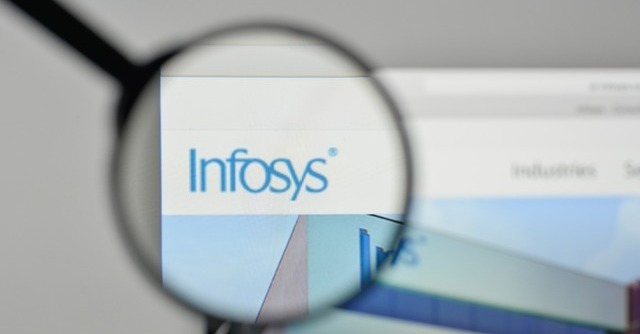
Infosys announces new arm in Canada to serve public sector firms


IT services firm Infosys on Thursday said that it has set up a new subsidiary in Canada under its US arm Infosys Public Services (IPS). Headquartered in Ottawa, IPS Canada will span over 10,000 square feet.
IPS Canada will provide governments with local access to top tier talent and innovative solutions to modernise service delivery for citizens and businesses in the country, the company said in a statement.
The latest development follows a series of investments made by the IT company in Canada. The company said, it has expanded its employee count to over 7,000 with an aim to increase it to 8,000 employees by 2024.

IPS Canada will also work with local universities and technical colleges to recruit talent.
“Our offices will enable us to tap into strong local talent across the country to support continued business growth in the region,” Infosys Public Services Interim CEO Bhanu Prasad Narayan said in a statement.
The company believes that Canada is a very important market for them as it helps them to cater to the country as well as the entire North American region. The tech company already has local offices and digital centres in Mississauga, Calgary and Burnaby.

Notably, India’s biggest IT services provider Tata Consultancy Services (TCS), has been operating in Canada for decades and has grown its business here in part by acquiring Canadian tech companies. It also has over 7,000 employees in the region.
In July 2022, the IT company announced an expansion of an addition of 5,000 jobs across Canada over the next several years, especially in education and research as well as philanthropic programmes.
Further, in June this year, Infosys also announced another global expansion, with a new proximity centre in Oslo, Norway as part of its expansion plan in the Nordic region. Infosys already has offices in Denmark, Finland, Iceland, Sweden and Norway.

The company said that the new centre will work as a hub for nurturing and upskilling local talents in skills and technologies such as cloud computing, artificial intelligence (AI), Internet of Things (IoT), 5G, and software engineering.
